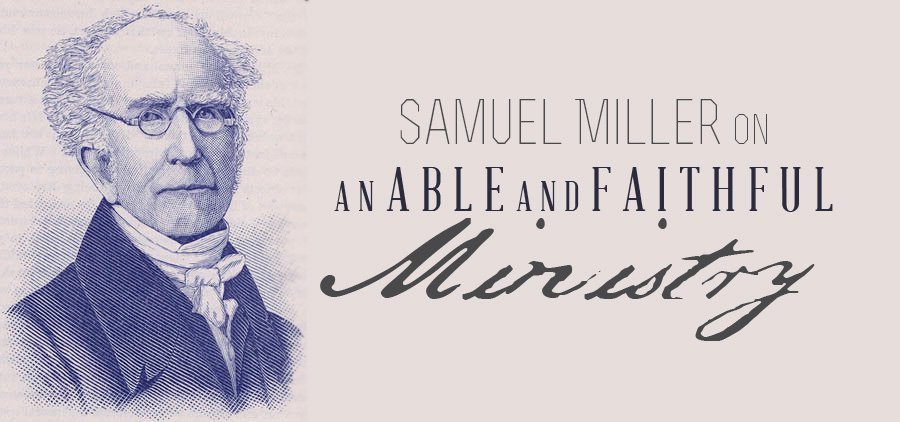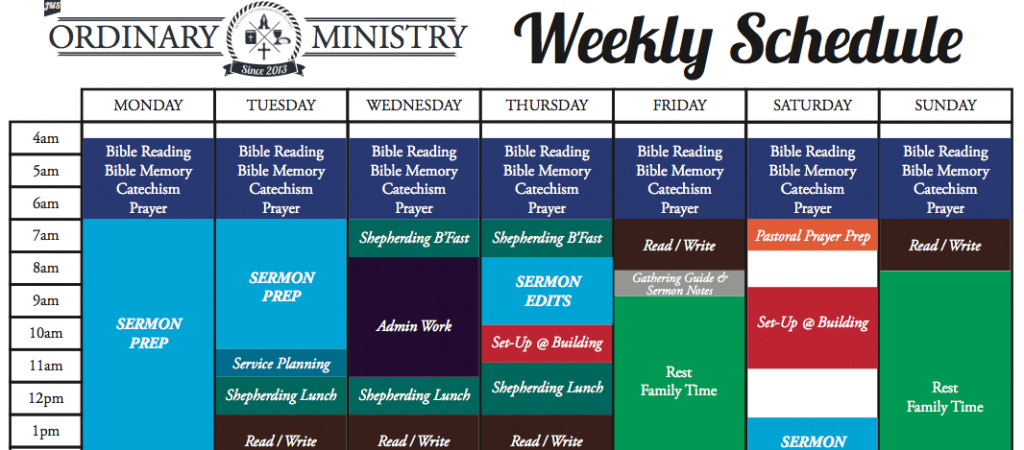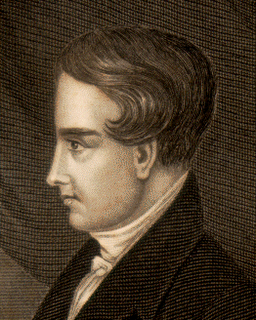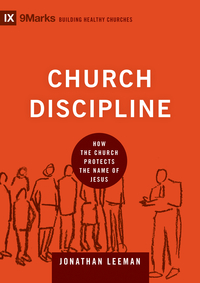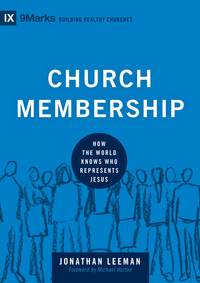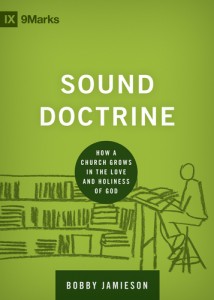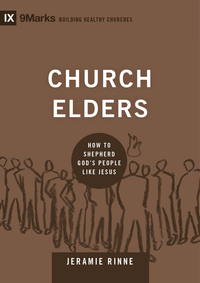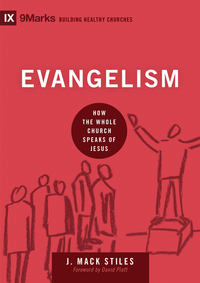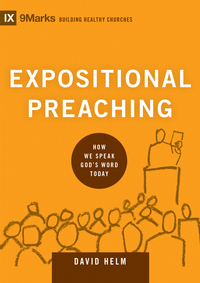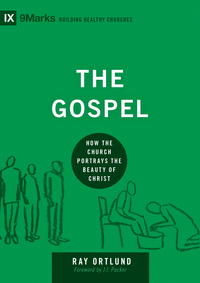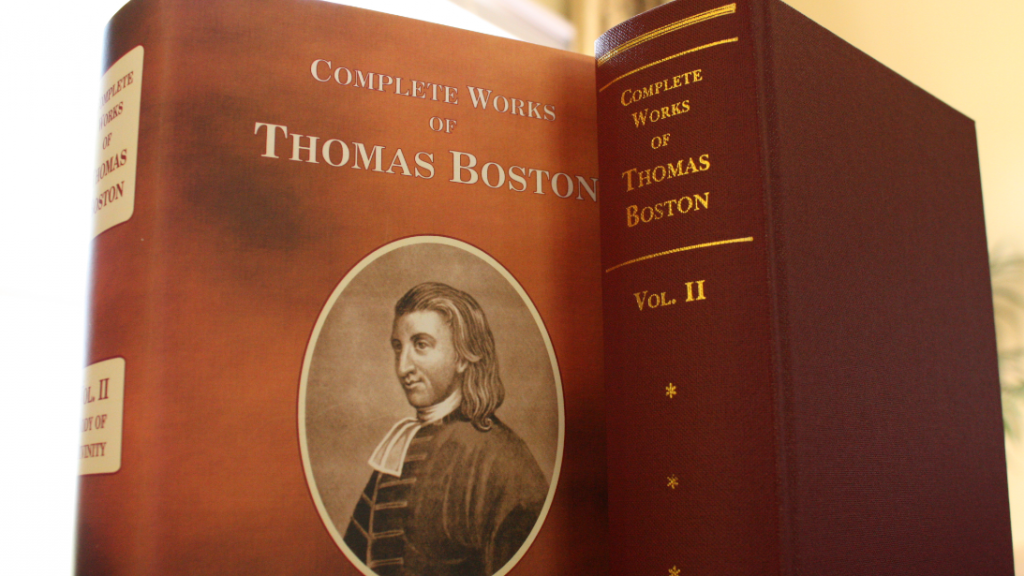Over the weekend our church unanimously affirmed our first two elders candidates. It was the culmination of fifteen months spent testing and training. If ever there has been an epochal event in the life of our church, this is it!
PATIENTLY URGENT
When IDC launched in January of last year it did so with me as the only installed elder, so one primary order of business from the outset was identifying and training elders. I liked to tell our church that I wanted to be “patiently urgent” when it came to installing elders. The paradoxical phrase has clear biblical truth behind it.
In Titus 1 Paul said to his young church planter, “This is why I left you in Crete, so that you might . . . appoint elders in every town as I directed you” (1:5). There is urgency in this text for Paul apparently doesn’t want Titus to be lazy in the appointment of elders. But Titus 1:5 needs to always be balanced by the patience of 1 Timothy 5:22, where Paul says, “Do not be hasty in the laying on of hands.”
For the first eight months of 2013 I observed which men were already doing the work of eldering in the church. Which men were teaching and discipling other members? Which men were known as men of the Word? Which men were dedicated to pray for the church? Which men were leading in various stations of the body? Which men are marked by maturity in Christlikeness?
ELDER TRAINING
The first eight months revealed three particular men that fit the biblical criteria: aspiration, character, and aptitude. In September we began a five-month training period with the aim to nominate all, or some subset, of the men at our February ’14 Family Meeting (think members’ meeting). We met three times each month for prayer and discussion on various aspects of pastoral ministry and biblical, systematic, and pastoral theology. The aim was to uncover convictions in those areas and unify the group’s understanding of IDC’s purpose, polity, and passions.
Here are the books we leaned on most heavily:
- The King and His Beauty by Schreiner (biblical theology)
- A Display of God’s Glory by Dever (polity)
- The Deliberate Church by Dever (ecclesiology/pastoral ministry)
- The Shepherd Leader by Witmer (pastoral ministry)
One other primary resource is the IDC Elder Confession of Faith, which is an adaptation of the 1689 London Confession. This is a document that all elders at IDC must subscribe to in order to hold the office. I hope to write more on the importance of such a document later this week.
Some other resources that were also used, but not necessarily in full were:
- What is the Mission of the Church? by DeYoung and Gilbert (ecclesiology)
- Faithful Preaching by Merida (pastoral ministry)
- The Hole in Our Holiness by DeYoung (Christian living)
The men also had to listen to several lectures and right short response papers to them. By far and away their largest project was our Elder Questionnaire, which is made up of questions in three sections: 1) Personal Life and Ministry, 2) Biblical/Systematic Theology, 3) Philosophy of Ministry. In many ways this document and the Elder Confession of Faith were the two cogs in the whole process.
CONGREGATIONAL INVOLVEMENT
Right at the beginning of Elder Training I told our church in a Family Meeting which men were involved, what the process entailed, and how they (the congregation) could pray and labor for unity as we looked forward to installing elders. The great benefit to this was the training was well known for almost an entire five-months before men were nominated.
Then in February we nominated two men (the other man ended up moving to another town and is helping plant a church there), thus beginning a two month period of formal congregational prayer and assessment. By this point I had received most of the common questions already, but encouraged the church to open dialogue saying, “Unanswered questions lead to doubt, and doubt is fertile soil for division.” This simple statement proved quite helpful as many people asked questions they wouldn’t otherwise have asked. I can’t tell you the number of times I spoke with someone who said, “I wasn’t going to ask this question because it’s not a big deal, but you said we should ask you anything related to elders, so here goes . . .”
Additionally, our by-laws stipulate that a member must talk to an elder (I was the only installed elder this go-around) before voting “no” on an elder nominee. This wasn’t so I could convince them affirm the candidate, but rather it was possible a member knew something about the candidate I didn’t and the information could be significant and disqualifying.
And so it was this last Saturday that we affirmed our two candidates with a resounded “Aye” from the congregation.
What a day it was.


